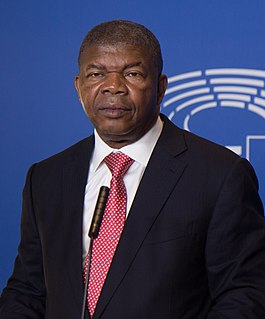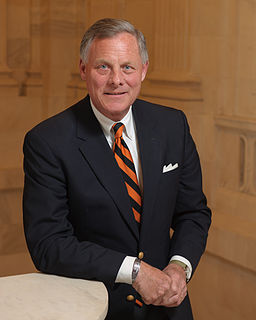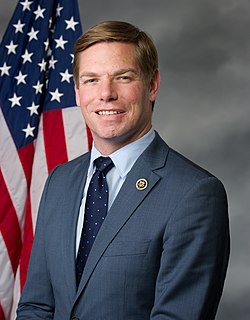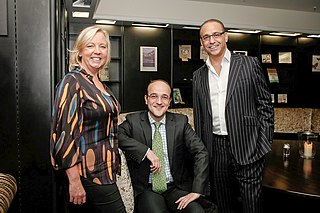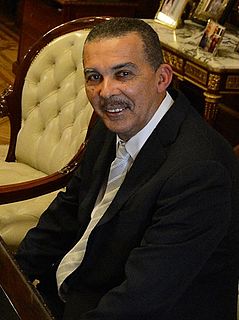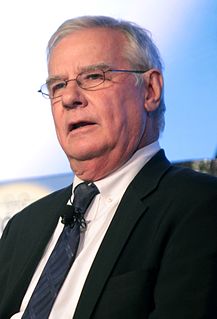A Quote by Roy Cooper
North Carolina enjoys a worldwide reputation as a center for textile research and workers. Our excellent business climate and location offer international firms an ideal place to reach and serve customers in the United States.
Related Quotes
This is a good deal for the United States, north Korea will freeze and then dismantle its nuclear program. South Korea and our other allies will be better protected. The entire world will be safer as we slow the spread of nuclear weapons. The United States and international inspectors will carefully monitor North Korea to make sure it keeps its commitments. ...Only as it does, so will North Korea fully join the community of nations.
Well what are our geopolitical objectives? First, that North America be peaceful, prosperous, dominated by the United States. Second, that no nation be able to approach the United States militarily ... Those are the goals. It's very simple. We achieve that by making certain that all conflict takes place in the Eastern Hemisphere so we don't have conflict here.
I've got the best job in the world being a senator from the United States, a senator from South Carolina in the United States Senate, representing South Carolina in the United States Senate is a dream job for me, but the world is literally falling apart. And we can't get anything done here at home. So that drives my thinking more than anything else.
The conference also has a moral duty to examine the corruption of science that can be caused by massive amounts of money. The United States has disbursed tens of billions of dollars to climate scientists who would not have received those funds had their research shown climate change to be beneficial or even modest in its effects. Are these scientists being tempted by money? And are the very, very few climate scientists whose research is supported by industry somehow less virtuous?







